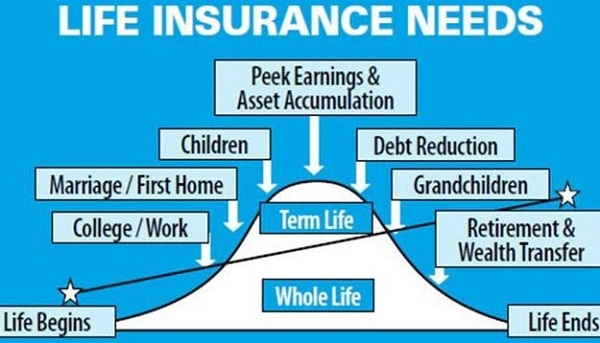Life’s Journey and the Ever-Changing Landscape of Insurance Needs

As we navigate the twists and turns of life, our priorities and circumstances are constantly evolving. Whether it’s a new addition to the family, a change in careers, or a recent move to a new home, these significant life events can bring about a fresh set of challenges and responsibilities. In the midst of all these changes, it’s essential to take stock of your insurance needs to ensure you and your loved ones are adequately protected.
In this article, we’ll delve into the world of insurance and explore how to reassess your coverage after a major life event. We’ll examine the key areas you should focus on and provide you with practical tips on how to adjust your insurance policies to align with your new circumstances.
Why Reassess Your Insurance Needs?
When life throws you a curveball, it’s easy to overlook the often-overlooked aspect of insurance. However, failing to reevaluate your coverage can leave you vulnerable to unforeseen risks and expenses. Reassessing your insurance needs is crucial to:
- Ensure your growing family is protected in the event of unexpected medical expenses or loss of income.
- Safeguard your new home and assets from potential damage or loss.
- Mitigate risks associated with a new career or business venture.
- Update your coverage to reflect changes in your lifestyle, such as increased travel or a new car.
Reassessing Your Insurance Needs: A Step-by-Step Guide
Now that we’ve highlighted the importance of reassessing your insurance needs, let’s walk through a step-by-step process to help you get started:
1. Identify the Life Event
Take a moment to reflect on the life event that’s triggered this reassessment. Ask yourself:
- What’s the specific change that’s occurred?
- How has this change impacted my life and priorities?
2. Assess Your Current Insurance Coverage
Gather your existing insurance policies and review them carefully. Consider:
- What policies do I currently have in place (e.g., life, health, auto, home)?
- Are these policies still relevant to my current circumstances?
- Are there any gaps in coverage or areas where I could benefit from additional protection?
3. Evaluate Your New Needs
Next, think about how your life event might give rise to new insurance needs. Ask yourself:
- Do I need to increase my life insurance coverage to account for a growing family or additional financial responsibilities?




